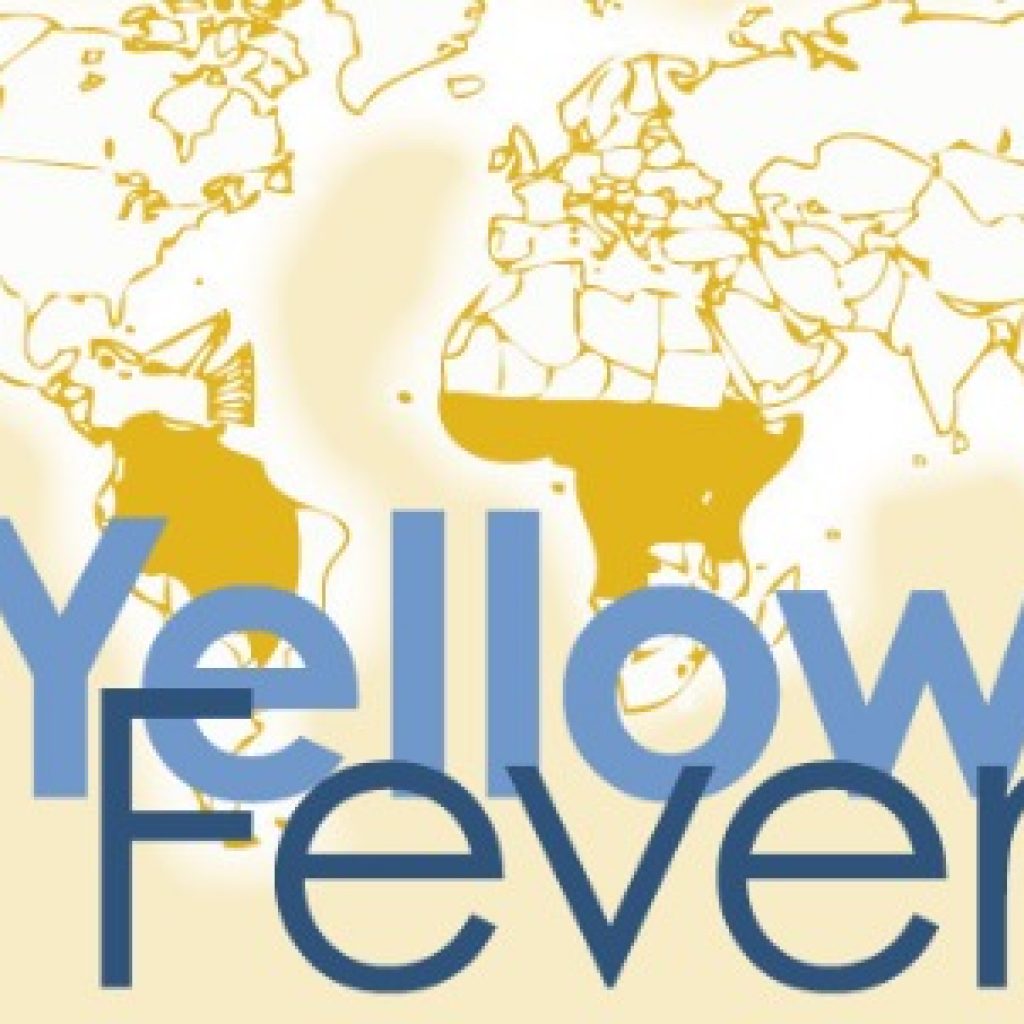
Travelers from countries that have recently been declared by the World Health Organization (WHO) as “low-risk yellow fever countries” will no longer have to produce proof of the vaccination when they arrive in South Africa, the Department of Health said on Tuesday. The African countries on the organization ‘s low-risk yellow fever list include Zambia, Tanzania, Eritrea, Somalia, Sao Tome and Principe. Based on recommendations taken at WHO’s recent executive board meeting, all travelers to South Africa from these countries will not be required to produce proof of vaccination against yellow fever. “This provision is with immediate effect,” the department said.
 Yellow fever is a tropical virus disease that can affect the liver and kidneys, causing fever and jaundice and is often fatal. It is transmitted by mosquitoes. In accordance with International Health Regulations, South Africa requires all citizens and non-citizens over one year of age travelling from a yellow fever risk country, or having been in transit longer than 12 hours at the airport of such a country, to have a yellow fever certificate. “As a result, South Africa implements measures for all travelers from yellow fever risk countries who are unable to produce a valid yellow fever vaccination certificate at the point of entry,” the department said. Travelers who fail to produce valid yellow fever vaccination certificates can be denied entry into South Africa; or they can be placed under quarantine surveillance until either their certificates becomes valid, or for up to six days if they do not have vaccination certificates and are from high-risk yellow fever countries. A valid Yellow Fever vaccination certificate requires a vaccine approved by the WHO and administered at least 10 days before departure to South Africa at a yellow fever- approved vaccination centre. The vaccine offers protection 10 days after administration.
Yellow fever is a tropical virus disease that can affect the liver and kidneys, causing fever and jaundice and is often fatal. It is transmitted by mosquitoes. In accordance with International Health Regulations, South Africa requires all citizens and non-citizens over one year of age travelling from a yellow fever risk country, or having been in transit longer than 12 hours at the airport of such a country, to have a yellow fever certificate. “As a result, South Africa implements measures for all travelers from yellow fever risk countries who are unable to produce a valid yellow fever vaccination certificate at the point of entry,” the department said. Travelers who fail to produce valid yellow fever vaccination certificates can be denied entry into South Africa; or they can be placed under quarantine surveillance until either their certificates becomes valid, or for up to six days if they do not have vaccination certificates and are from high-risk yellow fever countries. A valid Yellow Fever vaccination certificate requires a vaccine approved by the WHO and administered at least 10 days before departure to South Africa at a yellow fever- approved vaccination centre. The vaccine offers protection 10 days after administration.






About The Author: Cheryle Velsor
More posts by Cheryle Velsor